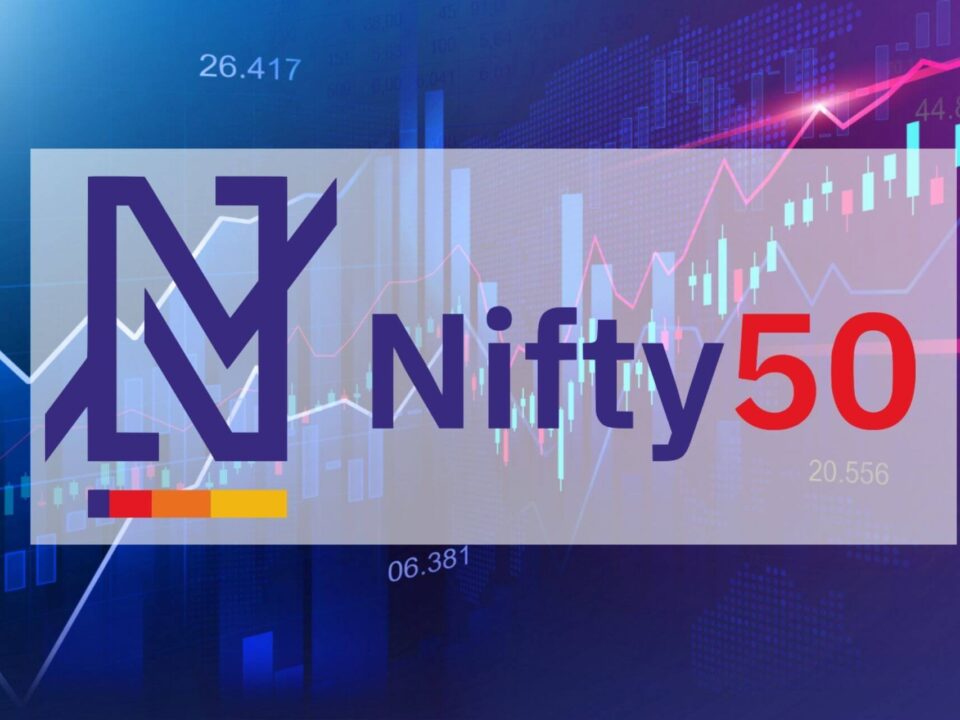
What Are Mutual Funds?
A mutual fund is a financial vehicle that pools money from multiple investors and invests it in various assets—like stocks (equity), bonds (debt), or a combination of both. Think of it as a group investment managed by financial experts.
A Simple Example:
Imagine a box of 12 chocolates priced at ₹40. Four friends each have ₹10 but can’t buy the box alone. So, they pool their money, buy the box together, and each gets 3 chocolates—this is similar to owning mutual fund units.
-
Cost per unit = ₹40 ÷ 12 = ₹3.33
-
Each friend owns 3 units, representing part ownership of the full box.
Benefits of Mutual Funds
-
Professional Management: Experts handle the investments.
-
Diversification: Your money is spread across various assets, lowering risk.
-
Earning Potential: You can earn in three ways:
-
Dividends or Interest Income
-
Capital Gains (when investments are sold at a profit)
-
Increased NAV (Net Asset Value) if the fund’s overall value rises.
-
Risks of Mutual Funds
Like any investment, mutual funds carry risk. The value of your investment can go down if the market drops. Also, returns aren’t guaranteed and can vary with market conditions.
Types of Mutual Funds
1. Equity Funds
-
Invest 65% or more in stocks.
-
Aim for high growth.
2. Debt Funds
-
Invest in bonds, government securities, etc.
-
Offer stable but lower returns.
3. Hybrid Funds
-
Mix of equity and debt.
-
Balance of growth and stability.
4. Solution-Oriented Funds
-
Designed for long-term goals like retirement or child education.
-
Typically have a lock-in period of 5 years or until the goal is met.
5. Index Funds
-
Track a specific index like Nifty or Sensex.
-
Low-cost option that mirrors the market.
Top 10 Mutual Funds in India
-
Bandhan Infrastructure Fund
-
Invesco India PSU Equity Fund
-
ICICI Prudential Infrastructure Fund
-
Nippon India Small Cap Fund
-
SBI PSU Fund
-
DSP T.I.G.E.R. Fund
-
Franklin Build India Fund
-
JM Aggressive Hybrid Fund
-
HDFC Balanced Advantage Fund
-
Bank of India Credit Risk Fund
What is Direct Equity?
Direct equity means buying shares of individual companies. You become a shareholder and gain ownership in the company—along with rights like voting and receiving dividends.
This is different from mutual funds, where a fund manager invests for you. In direct equity, you pick and manage your own investments.
How It Works:
-
You buy stock directly in a company.
-
You earn profits through capital gains and dividends.
-
You also bear full risk if the stock value falls.
Direct equity can also involve international business expansions—where a company invests in another country’s operations instead of buying shares.
Direct Equity vs. Mutual Funds
| Category | Mutual Funds | Direct Equity |
|---|---|---|
| Risk | Lower to Moderate | High |
| Management | Handled by professionals | Self-managed |
| Diversification | High (spread across assets) | Limited unless you buy multiple stocks |
| Knowledge Required | Low to Moderate | High |
| Returns Potential | Moderate to High (based on fund type) | High (but risky) |
| Best For | Beginners, passive investors | Experienced, active investors |
Top 10 Direct Equity Stocks in India
-
Tata Motors
-
SBI Life Insurance
-
NTPC
-
Sun Pharma
-
ONGC
-
ITC
-
Grasim Industries
-
Power Grid Corporation
-
JSW Steel
-
Larsen & Toubro
Which One Is Right for You?
Choose Direct Equity if…
-
You have market experience.
-
You actively follow and analyze stocks.
-
You’re comfortable with higher risk for higher potential returns.
Choose Mutual Funds if…
-
You’re a beginner or risk-averse.
-
You want professional management.
-
You prefer diversified, long-term investing with less hassle.
💡 Pro Tip: Many investors use a mix of both mutual funds and direct equity to diversify and balance risk with potential returns.



